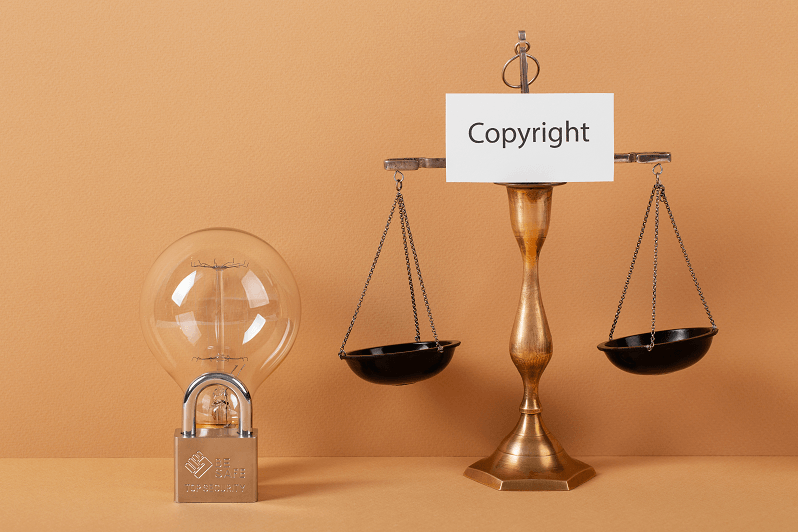Trademark disputes in the United Arab Emirates (UAE) are common and can arise for various reasons. These disputes can be complex and require an in-depth understanding of trademark laws in the UAE. This article will discuss trademark disputes from a legal perspective in the UAE.
Trademark registration in the UAE:
In the UAE, trademark registration is governed by the new Federal Trademarks Law No. 36 of 2021, which replaced Federal Law No. 37 of 1992 as amended (the “Trademark Law”). The Trademark Law provides for the protection of registered trademarks in the UAE. A trademark registration gives the owner exclusive rights to use the mark and prevent others from using the same or similar mark for similar goods or services.
What is Trademark Dispute?
A trademark dispute is a legal conflict between two or more parties over the use, ownership, or registration of a trademark. A trademark is a unique symbol, word, phrase, design, or combination used to identify and distinguish the goods or services of one party from those of others in the marketplace. When a trademark dispute arises, it is usually because one party believes that another party is infringing on their trademark rights by using a similar or identical trademark for similar goods or services or in a way that may cause confusion among consumers.
You may want to know: A trademark in the UAE: ways to protect and maintain it
Trademark disputes in the UAE:
Trademark disputes in the UAE can arise in several ways, including:
- The similarity of Trademarks: If two trademarks are similar enough to cause confusion in the public’s minds, it may lead to a trademark dispute.
- Infringement: If one party uses another party’s trademark without permission or in a way that is not allowed under the law, it may lead to a trademark dispute.
- Misrepresentation: If a party uses a trademark that is likely to mislead the public or cause confusion, it may lead to a trademark dispute.
- Passing off: If a party uses a trademark that is similar to another party’s trademark to pass off their goods or services as being associated with the other party, it may lead to a trademark dispute.
- Counterfeiting: If a party uses a trademark identical or substantially similar to another party’s trademark to sell counterfeit goods or services, it may lead to a trademark dispute.
- Parallel Importing: If a party imports goods or services into the UAE that have been manufactured or sold under a trademark in another country without permission from the trademark owner, it may lead to a trademark dispute.
- Domain Name Disputes: A party using a domain name that is identical or confusingly similar to another party’s trademark may lead to a trademark dispute.
- Licensing Disputes: A dispute between a licensor and licensee over the use of a trademark may lead to a trademark dispute.
- Infringement by third-party advertisers: If a third-party advertiser uses a trademark that belongs to another party without permission, it may lead to a trademark dispute.
- International Trademark Disputes: A dispute between two or more parties from different countries over the use of a trademark in the UAE may lead to a trademark dispute.
You may want to know: Trademark protection of virtual goods and services under Metaverse world
Trademark dispute resolution in the UAE:
Trademark disputes in the UAE can be resolved through several methods, including:
- Administrative proceedings: The UAE Ministry of Economy, through the Department of Trademarks, Patent and Copyright, is responsible for handling trademark registrations and disputes. A party can file a complaint with the Ministry against an alleged infringer, and the Ministry can order the cessation of the infringing activity.
- Civil proceedings: A trademark owner can file a civil lawsuit in a UAE court seeking an injunction to stop the infringing activity and damages for any harm caused. The court can order the infringing party to stop using the mark and pay damages to the trademark owner.
- Criminal proceedings: In counterfeiting cases, the trademark owner can file a criminal complaint with the authorities, and the alleged infringer can face imprisonment and fines if found guilty.
Conclusion: Trademark disputes in the UAE
Trademark disputes in the UAE can be complex and require understanding of trademark laws and procedures. Parties need to seek legal advice and representation when involved in a trademark dispute in the UAE. The UAE has a well-established legal system and offers several avenues for resolving trademark disputes, including administrative, civil, and criminal proceedings. By understanding the legal framework and seeking proper legal guidance, parties can protect their rights and interests in a trademark dispute in the UAE.
Trademark disputes Lawyers in Dubai
HHS Lawyers can help businesses facing trademark disputes in Dubai with our expert legal services. We have extensive experience in trademark dispute resolution and can provide tailored legal solutions to protect our client’s intellectual property rights. Our team of expert trademark lawyers works closely with clients to gather evidence, negotiate with opposing parties, and represent them in court. Our Trademark Lawyers in Dubai are committed to delivering excellent service and achieving the best possible outcome for our clients.
Contact us today to schedule a consultation and learn more about how we can assist you in protecting your intellectual property rights.

